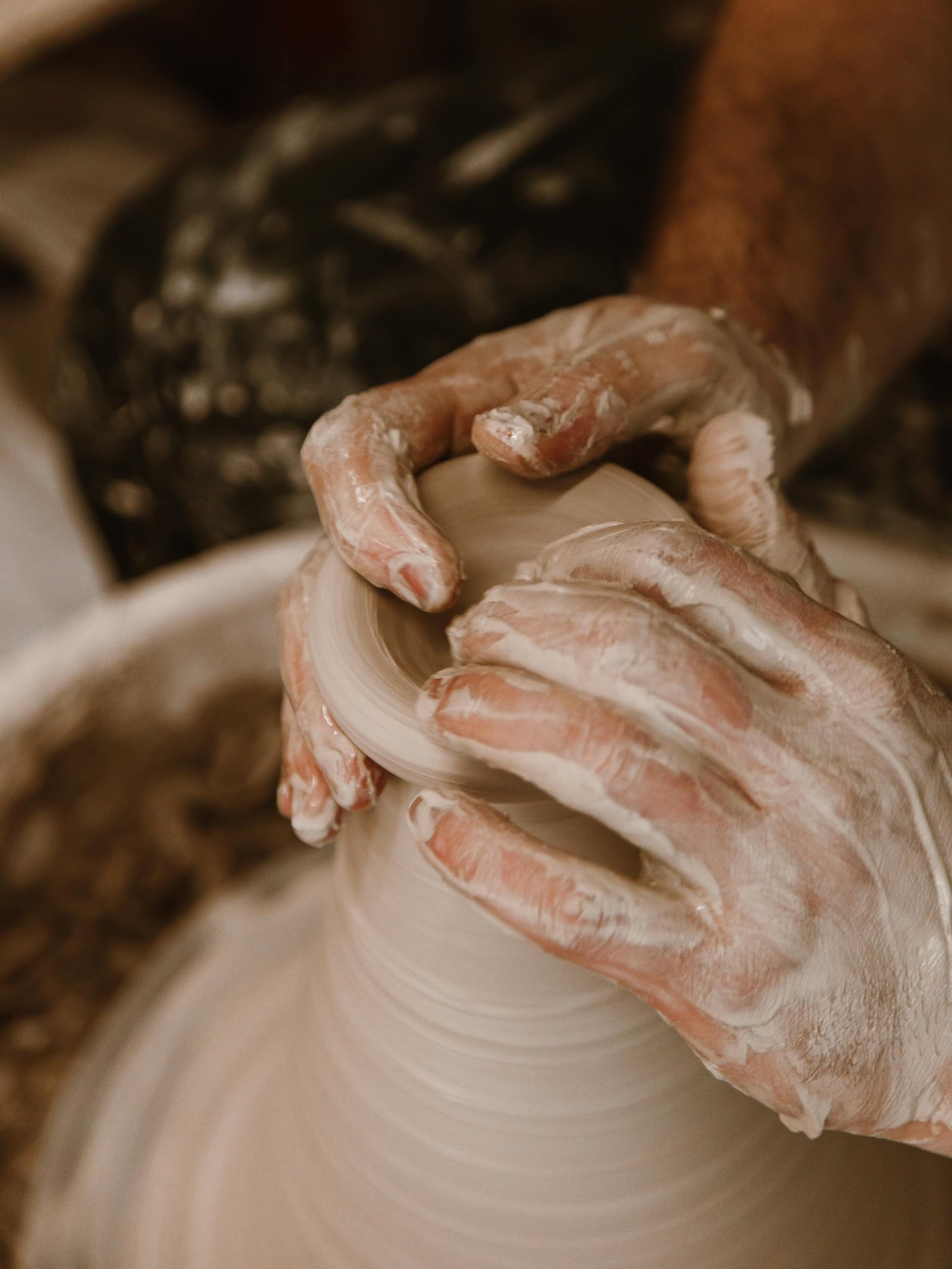Authentic People Are Complicated
As I was reading through some old journals recently, the statement, “Authentic people are complicated,” jumped off the page at me. I’ve always said I would rather be authentic than pretend to be someone I’m not. So why is it that I beat myself up for some of the many layers that make up who I am? Why did I say or do that? How can I teach confidence and yet experience my own self-doubt? Is that hypocrisy?
We often hear phrases like “just be yourself,” as if “yourself” is a single, uncomplicated entity. But the reality is far more complex. The truly authentic person isn’t a streamlined, one-dimensional character; they are a deeply layered and often contradictory individual.
You’re probably asking yourself the same question I did: Why are authentic people so complicated? What I have found is that their authenticity is built on a foundation of acknowledging and integrating all their parts—not just the ones that are likable or easy to present to the world. They embrace their:
- Contradictions: An authentic person can be both fiercely independent and crave deep connection. They might be a meticulous planner at work but completely spontaneous in their personal life. They can hold space for both their joy and their sadness, their confidence and their self-doubt. These aren’t signs of hypocrisy; they are the marks of a full, human experience.
- Shadow Self: Authenticity isn’t about ignoring our flaws, insecurities, or less-than-flattering traits. It’s about owning them. The complicated person understands that their jealousy, anger, or fear are not things to be hidden away but parts of their internal landscape that need to be understood and managed. They are honest about their imperfections, which paradoxically makes them more relatable and trustworthy.
Authenticity is a Constant State of “Beginning”
It’s easy to make the mistake of thinking that becoming your authentic self is a final destination. The truth is, authenticity is not a static identity you discover one day and then maintain forever. It’s a continuous process of growth and change. An authentic person is complicated because they are in a constant state of becoming.
Think about how powerful that statement is…
It challenges the notion that authenticity is a final destination or an end goal that you arrive at. Instead, this constant state of becoming frames authenticity as an ongoing process of self-creation. The idea that I am an ongoing work in progress frees me to consider:
- Shedding Old Skins: An authentic person understands that who they were five years ago, or even yesterday, might not be who they are today. Life experiences, new knowledge, and personal growth cause people to change and grow. This means we are constantly shedding old beliefs, habits, and even identities that no longer serve us. This isn’t a failure to “be ourselves”; it is the very act of being true to our current self.
- Embracing the Beginner’s Mindset: To be in a state of “beginning” is to approach life with curiosity and humility, much like a beginner learning a new skill. The authentic person is open to being wrong and is willing to start over. This means we are not defined by our past successes or failures but by our willingness to learn and adapt. This requires courage because it means giving up the comfort of being an expert in ourselves.
- Authenticity as an Active Verb: We tend to think of “authenticity” as a state of being, but it’s more of an action. It’s the daily practice of checking in with your values, re-evaluating your choices, and making decisions that align with who you are right now. This constant re-evaluation is what makes us complicated and beautifully unpredictable. We don’t have all the answers—we are busy finding them.
The Potter and the Clay
Applying this to the visual imagery of the Potter and the Clay, I can see myself as the clay still on the Potter’s wheel, in a constant state of being molded and shaped. The process is sometimes messy and uncomfortable, but it’s what makes us truly “whole.” Seeing it from this perspective frees me from the pressure of having to have life all figured out. My identity isn’t based on my performance or perfectly reaching a goal; it’s a constant state of learning, growing, and becoming whole.
My point is that authenticity requires the difficult, often messy, work of self-discovery. It means embracing your light and your shadow, your triumphs and your mistakes. Authentic people are complicated. They aren’t simple because they refuse to live a life that is. After all, the journey is the point, not the destination.



